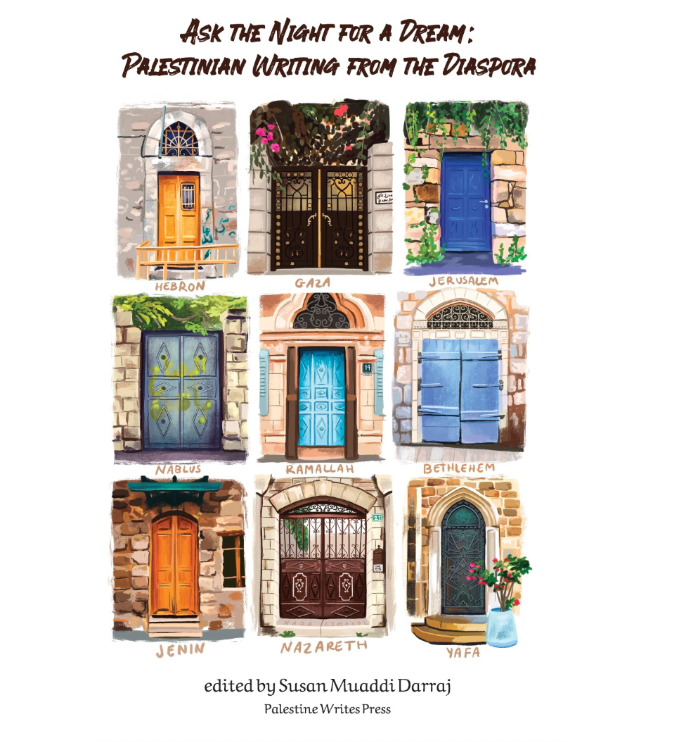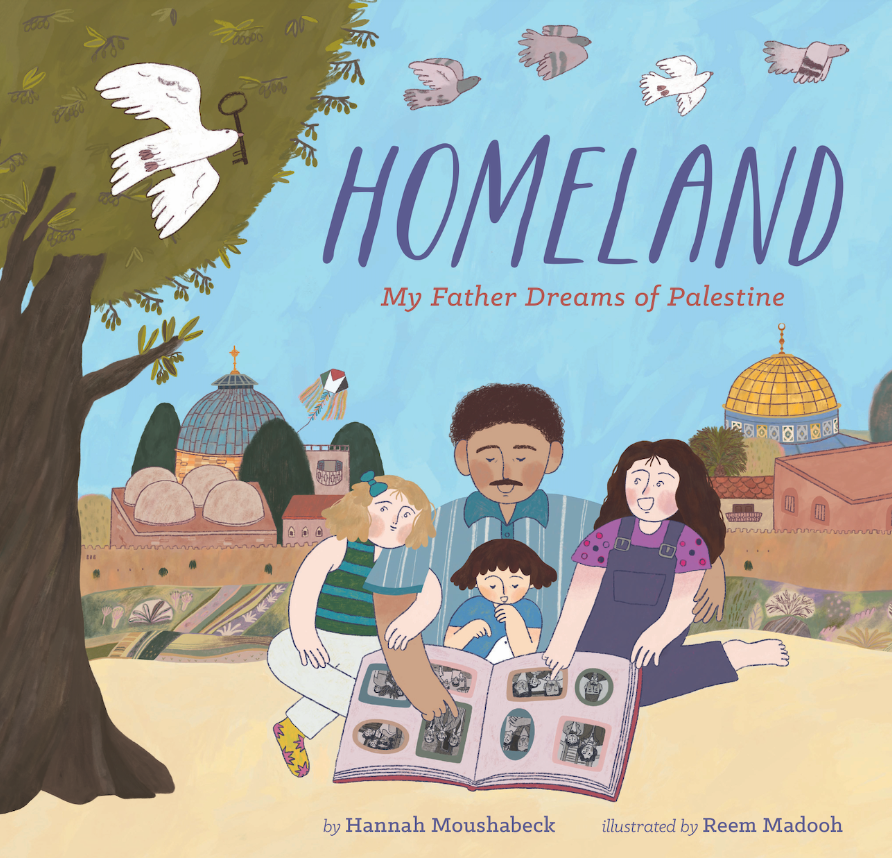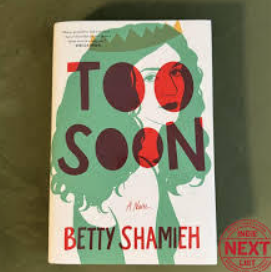Palestine Speaks, Palestine Writes

By: B. Nimri Aziz / Arab America Contributing Writer
What further avenues help us reach Palestine?
We witness repeated attacks and compounded injustices against unarmed Palestinians, day after day. The baffled world is stunned into silence. Helpless, we merely fill hours exchanging stories of others’ suffering, citing merciless actions repeated hour after hour by Israeli forces.
“We never knew; we never knew”, we repeat, learning just how long Israel has been committing massacres of Palestinians under occupation. How could this have remained ‘off the radar’ for so long? Only after those desperate actions of October 2023 and the massive Israeli retaliation did Palestinians’ real status under enemy occupation become as evident as it was undeniable.
Millions began to recognize the gross bias of American and European media sources. They started to see beyond Israel’s deceptively polished public image. Even when learning the reality, what are the options for change?
One is public protest. This rose, fell, rose again here and there, replaced (largely in the US) by personal concerns over immediate losses of hard-won entitlements. Then, as happened in 2024 on university campuses, suppressed rage bursts out in unexpected venues, alarming the establishment.
Not unrelated to quietly spreading public alarm and those thunderous rallies is an urgency to educate oneself better. Dissatisfied with standard news sources, many Palestine sympathizers have been turning to books and films.
Palestinian Writing
The search may start with former U.S. President Jimmy Carter’s Palestine: Peace Not Apartheid, published in 2006 (largely buried by Israeli partisans). We learn of the writings of an earlier generation of Palestinian authors and activists like novelist Ghassan Kanafani, poet Fadwa Tuqan, and comparative literature scholar Edward Said.
As powerful and relevant as those writings are, we need voices immediately connected to today’s crisis. Gazan professor and poet Refaat Alareer wrote “If I Must Die” in 2011. When he was assassinated by Israelis in late 2023, his plea turned poignantly urgent. Such is the power of his martyrdom that it represented the accumulating, uncounted martyrs on all sides – past, present, and future. Alareer’s Gaza Writes Back (his 2014 collection from Just World Books) was re-released, along with a special edition of his farewell pronouncement. That awakened other quiet bystanders.
Such is the power of those personal testimonials that we seek out more. And find them. Anywhere, when freedom is under threat, writers become an essential bridge to truth. Not to serve the market, but to rise from their pain. Determined to cling to their history, declarations by a new generation of Palestinians penetrate our numbed state.
Palestinian Literary Accounts
Ask the Night for a Dream: Palestinian Writing from the Diaspora is a new collection of such voices. Its editor, Susan Muaddi Darraj, has assembled work by twenty-four Palestinian writers. All speak from across the diaspora, invoking their ancestors from Haifa and Nazareth, Gaza City, and Jerusalem. Some are well-known published authors, others are newcomers. Some are mixed Palestinian-Lebanese, Jordanian, or American. They live in Portugal, Finland, Jordan, the UK, the USA, and France. The breadth of the diaspora is matched by the diversity of their messages. Wherever they live, and whatever their heritage, they remember (and represent Palestine) in new personal idioms. “We Never Left,” a thundering poem by the audacious and highly respected author Susan Abulhawa, is the final entry here.

This collection and other recent releases from Palestinian authors represent a deeply grounded and still evolving literary heritage. They are not a specific response to the genocide quantified in daily news headlines. Rather, they are a means of defining the meaning of Palestine for today’s generation. It is not simply a gift to a market hungry for lyrical Palestinian testimonials to displace the horrific realities from the ground. It is a record of Palestine’s permanence.
About the Publisher
Ask the Night is the second book from the newly established Palestine Writes Press, an outcome of the Palestine Writes conference convened by Susan Abulhawa in 2023. (PWP’s first release is an expanded edition of a biography of Ghassan Kanafani. Future publications will tap Palestine’s escalating voices on an even broader scale.)

During recent months, in city after city, community after community, the public has welcomed Palestinian poets standing side-by-side with other talented writers to address injustices emanating from the occupied homeland. All speak from a determination to demonstrate pride and to beckon victory. A flood of books on the Palestinian experience by Palestinian authors ensures this is not a passing issue. Among them is The Coin, a novel by Yasmine Zaher that won a major international literary prize, Betty Shamieh’s celebrated novel Too Soon, and Heaven Looks Like Us, edited by George Abraham and Noor Hindi. More books for children include the much-praised Homeland: My Father Dreams of Palestine by Hanna Moushabek, Simon Sakkab’s Palestine A to Z, and We Are Palestinian by renowned children’s and food writer Reem Kassis. The Eyes of Gaza, a diary by Palestinian journalist Plestia Alaqad, is due soon.
Ask the Night for a Dream is available through Palestine Writes Press, or directly at PWPress@PalestineWrites.org.
B. Nimri Aziz is a New York based anthropologist and journalist. Her latest book is Justice Stories, a children’s book about Nepali women rebels. Find her work at www.barbaranimri.com.
Want more articles like this? Sign up for our e-newsletter!
Check out our blog here!








